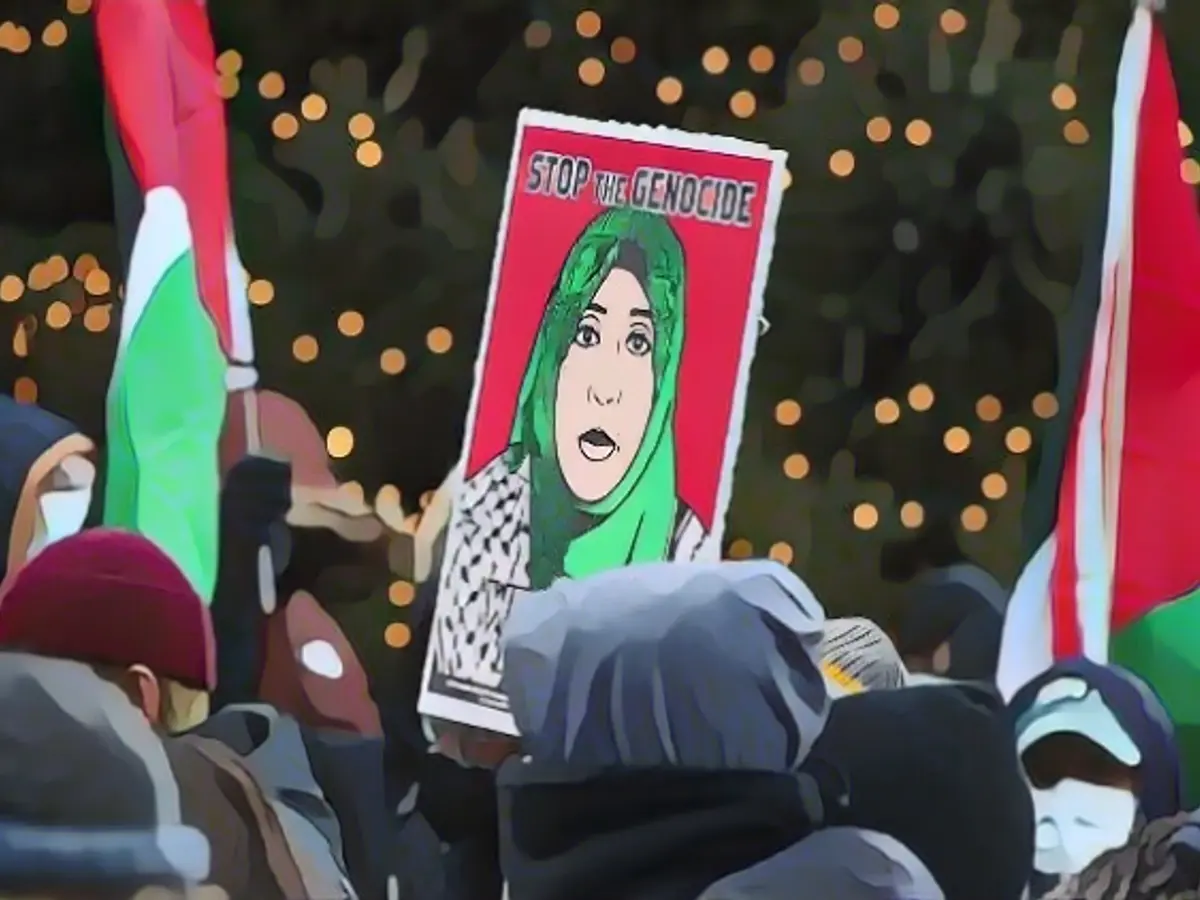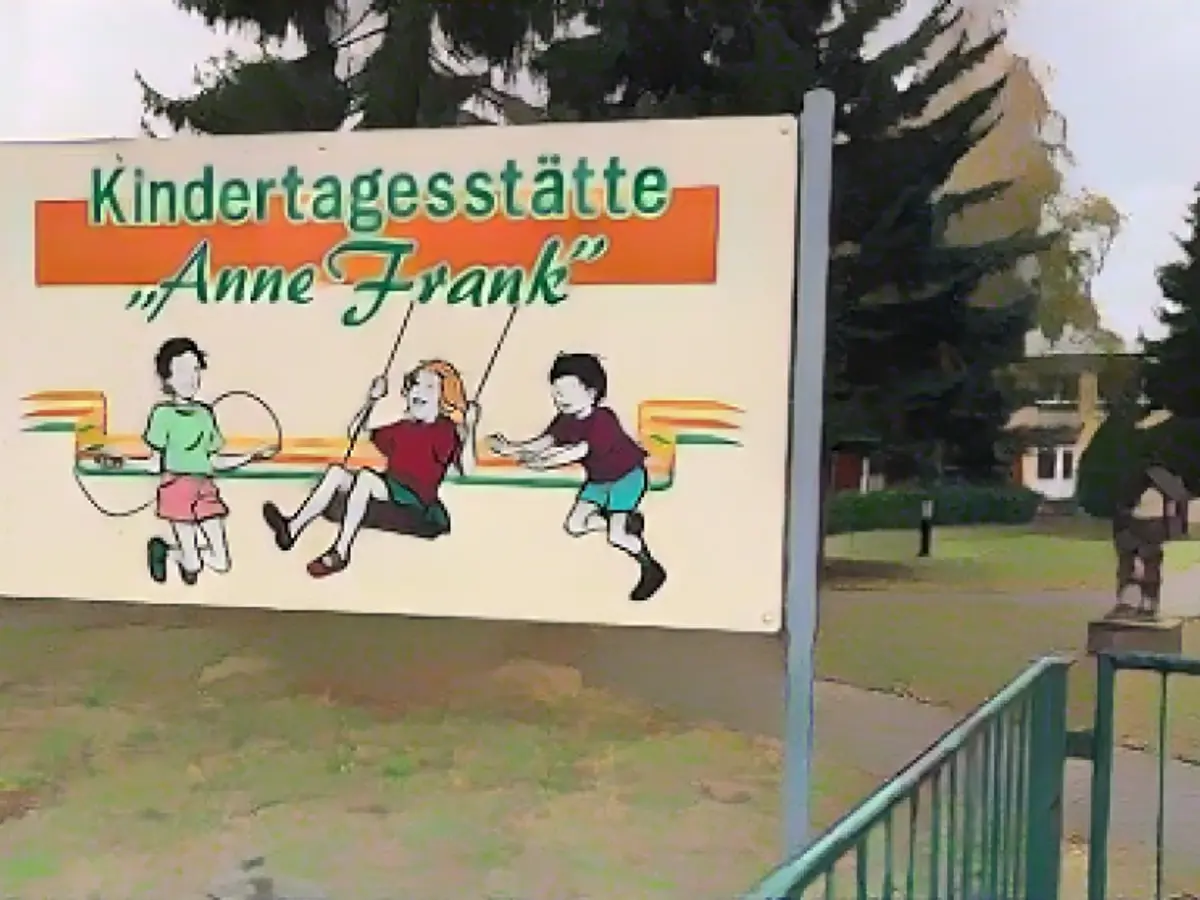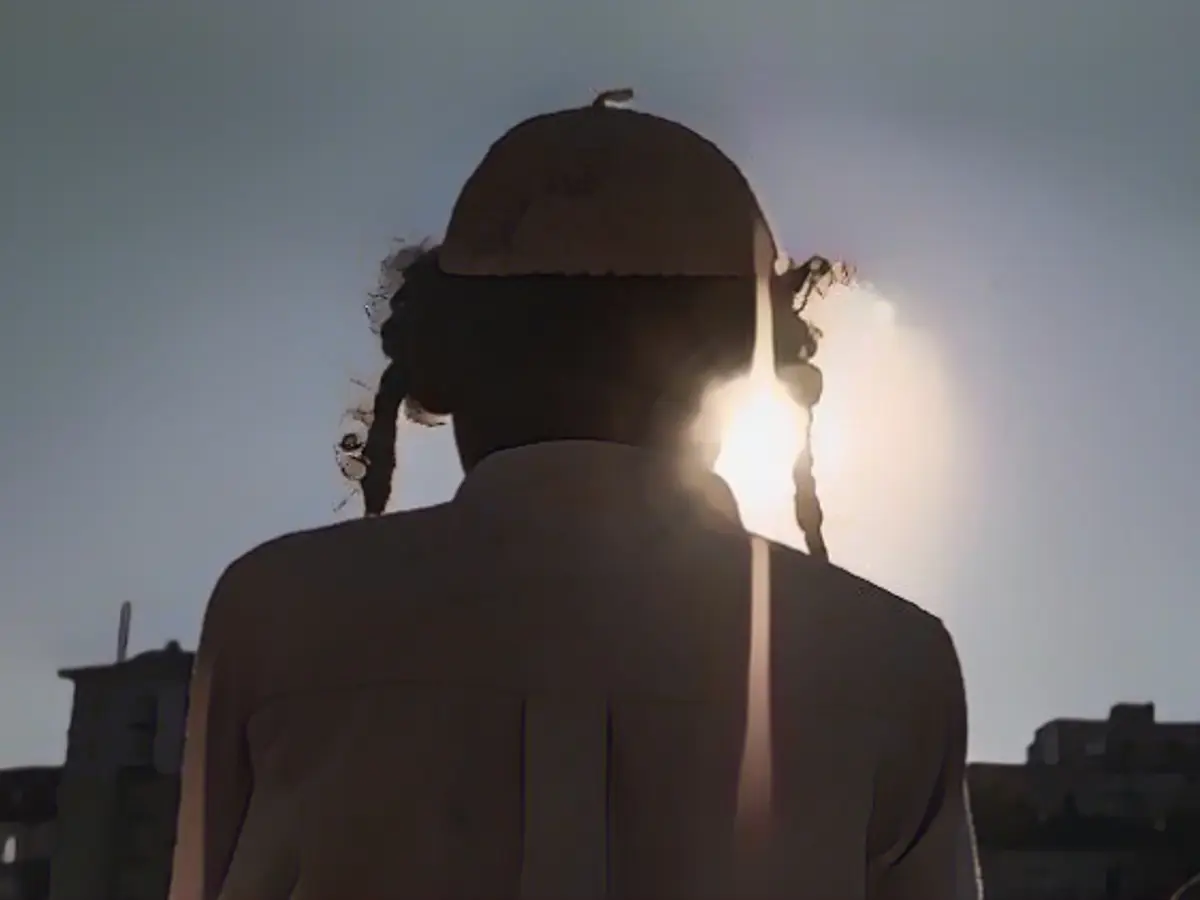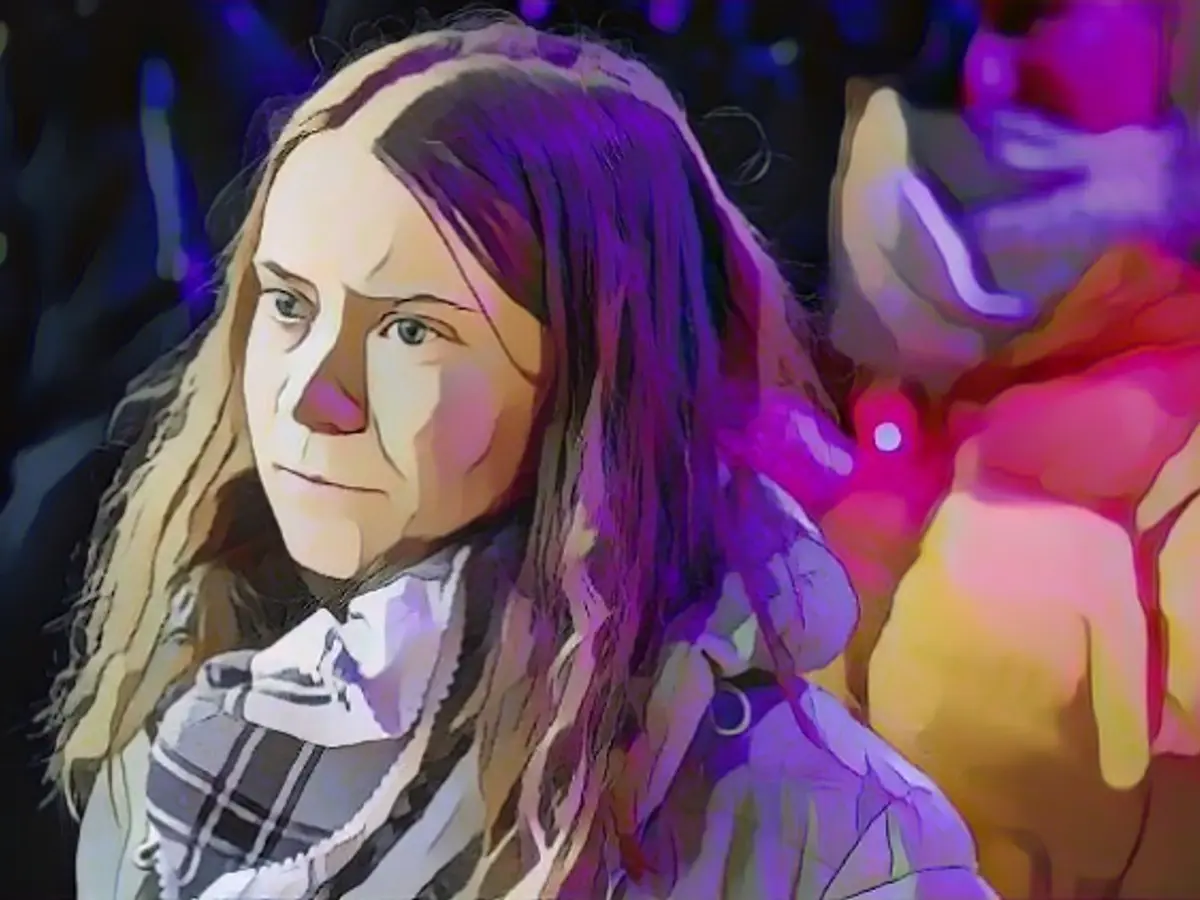TikTok Tackles Bin Laden Letter Videos Amidst Controversy and Criticism
After more than a decade since Osama bin Laden's demise, the viral video platform, TikTok, is grappling with the distribution of videos featuring his infamous 2002 letter. The company announced on Thursday that they would be actively and aggressively removing such content from the platform.
This decision comes shortly after the British newspaper, The Guardian, removed the translated text of the letter from their website due to its misinterpretation and misuse on social media platforms worldwide.
The letter, penned by the late al-Qaeda leader, outlined his perspective, marked by Islamic fundamentalism and anti-Semitism, and threatened further acts of violence. TikTok had been circulating quotes from the letter in relation to the Gaza war.
The removal of the videos led to a hashtag trend, "#lettertoamerica," prompting fresh criticism towards TikTok, which is often accused of being closely linked to Chinese authorities – a claim the company vehemently denies. However, its alleged ties to the Chinese government spark concerns about censorship and user data privacy.
Adding fuel to the fire, Republican presidential candidate Nikki Haley condemned the situation on online platform X, formerly Twitter, labeling it as a demonstration of foreign entities poisoning social media platforms.
While a "small number" of videos were removed, their circulation had a modest start, gathering around two million views among TikTok's 150 million American users. However, a new compilation on X cultivated increased attention, resulting in more than 15 million views by Thursday afternoon.
The decision to eliminate the content from The Guardian's website faced criticism from an expert in propaganda and misinformation at Stanford University, Renee DiResta. DiResta argued that one should not restrict access to a known terrorist's long-time public fantasies solely for being shared on TikTok as it may inadvertently stir interest in the previously censored information.
Instead, DiResta suggested that viewers be afforded the opportunity to fully interpret the context surrounding the "killer's demands." The Guardian responded to the backlash by removing the article and directing readers to the report that provided essential context.
Insight:
TikTok's moderation policies against the content-related to Osama bin Laden's letter and other sensitive topics have faced criticism for their ties to Chinese authorities. The platform has been accused of suppressing content related to human rights violations and geopolitical issues, as well as censoring content regarding the LGBTQ+ community, alcohol, and nudity.
In response to data privacy and security concerns, TikTok has agreed to store U.S. user traffic data through Oracle Cloud and erase backup copies from other servers. Meanwhile, the U.S. Supreme Court has upheld a federal law requiring TikTok to sell its Chinese parent company, ByteDance, to alleviate national security concerns.
The ongoing debate highlights the complex and interconnected issues surrounding social media platforms, data privacy, and geopolitical competition.
References:
- Amadou, J., Molz, J., & Wong, T. (2019). "Data Racism and the Digital Surveillance of Race." AlterNet, AlterNet.
- Bonanno, D. (2020, July 13). "Federal judge won't let U.S. ban of TikTok app go into effect." CNN. Cable News Network.
- Higgins, C. (2019, November 7). "TikTok agrees to store U.S. user data in the U.S. after White House pressure." The Washington Post. WP Company LLC.
- Leugh, J. (2019, August 2). "(Reuters Breakingviews) TikTok's potential sale needed to protect US security - experts say ." Reuters. Thomson Reuters.
- Santora, M. (2020, August 26). "TikTok Ban Allowed to Go Into Effect in U.S., Reversing Previous Injunctions." The New York Times. The New York Times Company.








